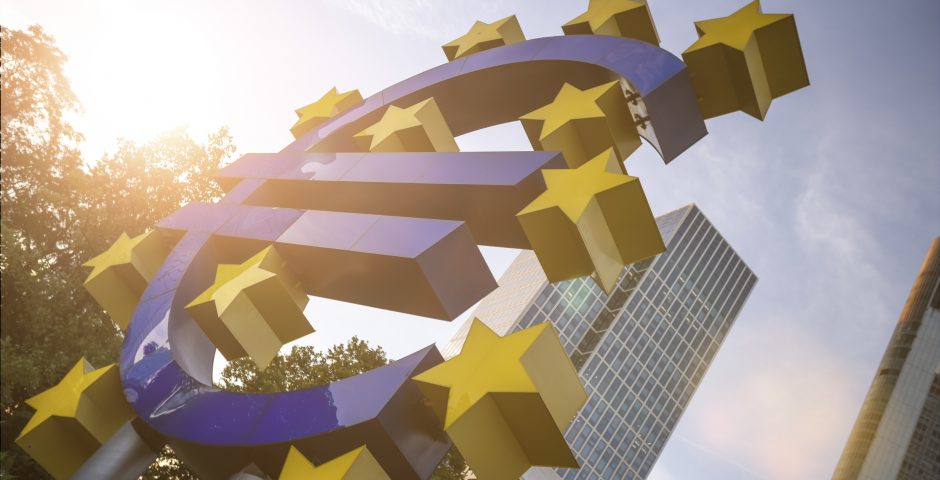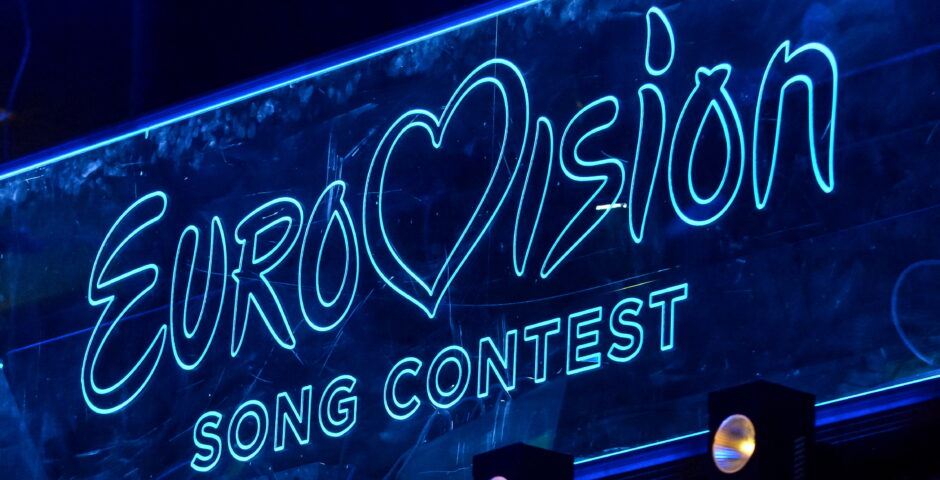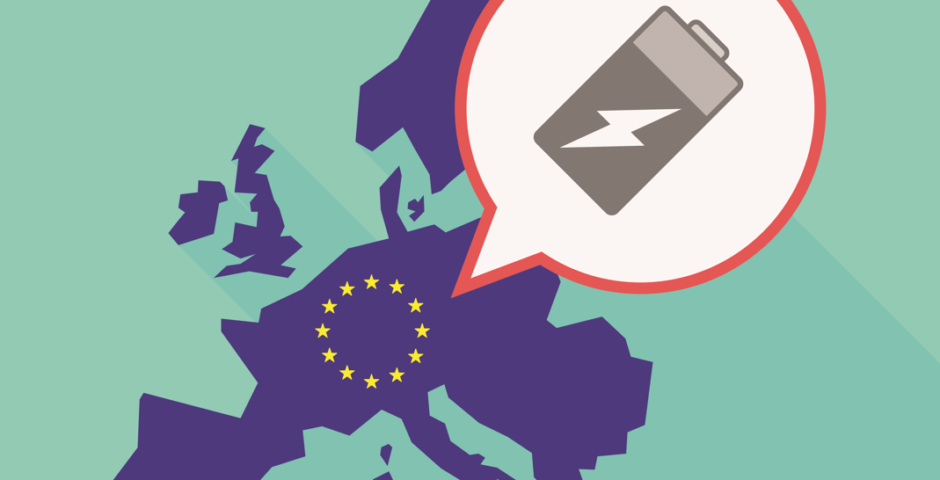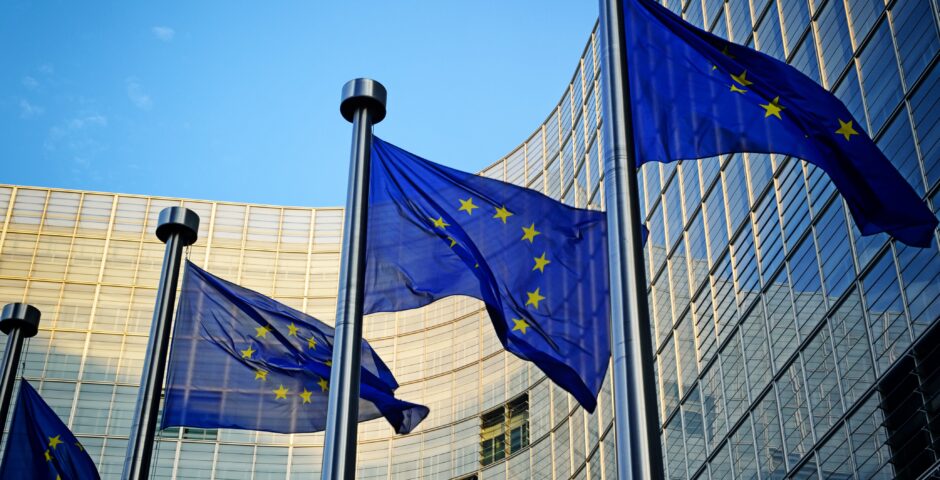Russia’s strategy for self-sufficiency goes for champagne
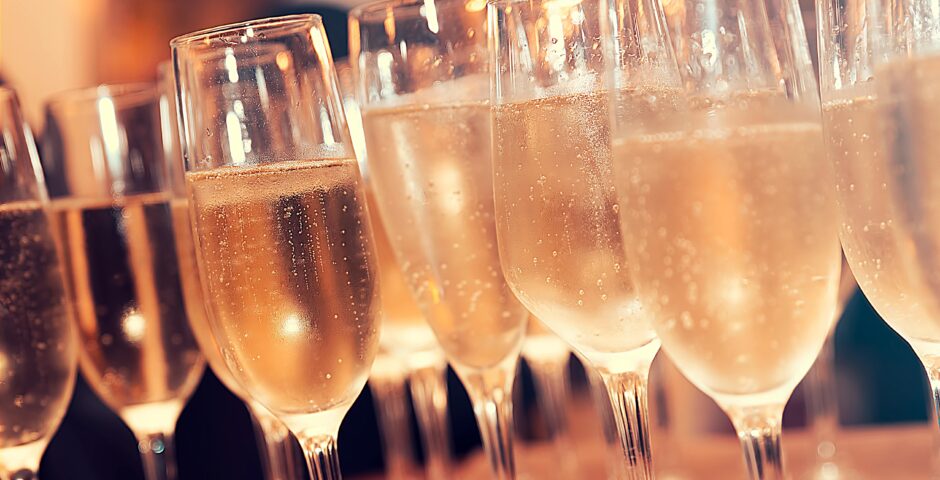
The production of ‘champagne’ has always been associated with the sparkling wine that is produced in the French region of Champagne. The rules of appellation require certain types of grapes and specific methods to be used for sparkling wine to be recognised as champagne. However, in June, Russian President Vladimir Putin approved the labelling law that would ban foreign producers from using the term ‘shampanskoe,’ which is the Russian translation for ‘champagne,’ including those from the region of Champagne. For France, this is not solely an insult but also an intentional political move.
Russia’s strategy for self-sufficiency
Despite France’s decision to halt sparkling wine exports to Russia until some days ago, this did not seem to rattle Moscow whatsoever. On the contrary, this seemed to make Moscow happier than ever, and that might be because it was and still is the preferred outcome for the Russian sparkling wine producers. This recent political move is part of an immense strategy that is meant to encourage self-sufficiency throughout the entire national economy, and this particular decision seeks to boost the region of the Caucasus and the newly annexed territory of Crimea.
This strategy of self-sufficiency began when Moscow banned imports for cheese and various other food products in response to the European Union’s sanctions over the Russian military intervention in Ukraine in 2014, which then ultimately majorly boosted Russia’s domestic cheese producers. In fact, Moscow even boasted about the positive effects that these sanctions had had on the national economy. In 2016, Alexander Tkachev, then Russia’s Agriculture Minister, said he welcomed the long-running sanctions as an incentive for Russians to turn to domestic products instead of relying on imports. There is, however, more to this strategy.
This strategy is one of the numerous sectoral programmes that are meant to boost the economic development of Russia. The programme is devoted to creating an attractive investment climate for agriculture by providing an exemption from the payment of income tax for twenty years and mandatory deductions from the wage fund, as well as exclusion from the list of persons who are VAT payers, exemption from export duties, and exemption from the unified agricultural tax for agricultural producers. If farmers want to receive these exemptions, they solely need to dedicate themselves to breeding farm animals or growing plants that are rare in Russia. This increased production of exotic food products should then ensure the effectiveness of the strategy for self-sufficiency by allowing Russia to depend on its domestic farmers rather than on imports.
Putin’s personal partiality
These decisions do not seem to always have been made with solely the interests of the domestic producers in mind. ‘Shampanskoe’ is not one of those rare products that absolutely need to be imported if Russians want to be able to enjoy it. There are plenty of wineries in the Caucasus and in Crimea that produce sparkling wine. Still, Moscow chose to focus on the production of ‘shampanskoe’ in its new legislation rather than on rare products. This is because Vladimir Putin also stands to benefit from the new provisions on more personal grounds.
Putin’s personal banker and good friend, Yuri Kovalchuk, is the largest single shareholder of Bank Rossiya, which, since 2020, owns nine wine-making grounds, three independent wineries, around eighty-eight square kilometres of vineyards, and one farm cellar filled with more than one thousand bottles, most of them in Crimea, under the Massandra brand. Unsurprisingly, the brand has already benefited from favourable tax cuts over the years. Russian lawmakers started preparing the grounds for an amendment to the labelling law and rushed them through the Duma around the same time that Massandra produced its first ‘shampanskoe.’ This ensured that the brand would benefit from the labelling law as quickly as possible.
Because of this, Putin’s banker is expected to profit hugely from the legislation.
Current developments on the Champagne front
The provisions are not without their faults and their secret motives. First, the term ‘champagne’ has protected status in one hundred and twenty countries, which reserve it for the region of Champagne’s sparkling wine. This means that France, despite having resumed its sparkling wine exports to Russia, might still seek redress through the World Trade Organisation, which would be obligated to recognise its protected status and, therefore, would side with the French government in this potential legal battle against Moscow.
Secondly, due to the new legislation, which requires domestic producers to use Russian-grown grapes in their production of the ‘shampanskoe,’ grape prices have seen massive increases. In Crimea, grape prices have more than doubled during the summer months, shooting from 60 rubles per kilo to 150 rubles, and the prices just keep rising. Russia’s current Agriculture Minister, Dmitry Patrushev, recognised that this was to be expected with the new legislation and added that wine prices were also expected to increase by up to twenty per cent.
Thirdly, domestic producers might have succeeded in turning the tables and in saturating the Russian market and foreign markets with their own products rather than imported products. Thanks to favourable weather conditions and good land management, Russia has become the biggest wheat exporter in the world. However, this successful strategy for self-sufficiency has not led to food security. Food products take up more than one third of an average household budget in Russia, whereas they take up twelve per cent on average in the European Union. Because the incomes of Russians have been decreasing, Russian families skimp on everything that they can do without and settle for the simplest selection of products.
Conclusion
In conclusion, Putin’s dreams for self-sufficiency in the field of agriculture do not seem all that far-fetched, but they are riddled with faults and with secret motives that do not seem to keep the average Russian in mind. Even though Moscow has been helping Russian farmers by investing 1.2 trillion rubles in the past six years into the agricultural sector and that it has been ensuring food independence, it has not benefited the nation in general. The common diet of an average Russian family still remains unbalanced and low on energy, and they would benefit much more from international trade agreements with countries that Moscow knows and trusts.
Charlotte Vanderbemden has recently obtained her bachelor’s degree in European Studies and is currently working on her master’s degree in European Law at the Universiteit van Amsterdam.
Image: Shutterstock

